Creation of the Board Game For The Quest
The board game For The Quest was created by designers Bruno Sathler and J. M. Pimentel, in collaboration with artists Felipe Faria and Gustavo Pelissari. It was released in 2022 by the publisher 101 Games.
In the game, players take on the roles of heroes or the villain Nokron. With a similar approach to the beloved Hero Quest, which is rarely found on shelves today, FTQ features dungeon exploration mechanics and intense battles against monsters that arise incessantly.
Game Pieces
In For The Quest, there are a total of 10 modular board pieces, each with numerous rooms, and each one is double-sided, allowing players an infinite variety of maps that can be assembled. Each room is divided into small quadrants and does not have doors or furniture, as these elements are detachable and can be assembled for each mission, allowing players to create different rooms and events even when using the same map tiles.
Furniture and doors are detachable and can be assembled in the game, allowing players, depending on the mission, to assemble them as their characters have line of sight. In addition to the scenery pieces, there is a book with a campaign divided into 13 unique missions, each with its own map, rooms, dangers, and challenges to overcome, with no time limit. However, it is necessary to be careful because the more time passes, the more monsters can appear, and the heroes are not invincible.
Regarding characters, we have the main villain, Nokron, who can be controlled by a person or by the game's artificial intelligence. The person taking on the role of Nokron has a shield, similar to well-known RPGs, where all actions and information about the location are visible only to Nokron.
In the service of Nokron, there are the monsters controlled by him. Each monster has a card with a description of what it does and its combat and movement characteristics, something simple but straight to the point, leaving no doubts even for novice players.
On the other side, we have the heroes, with 10 different classes to cater to a wide audience of players and group configurations. Classes include paladin, druid, wizard, assassin, amazon, berserker, among others. Each hero has an individual sheet with a brief history and all the abilities they possess, as well as their future skill tree as they evolve in experience.
In terms of cards, there are common equipment and relics. Equipment can be acquired by exploring the dungeon or the bodies of defeated monsters. Relics are acquired only by finding special chests as indicated in the campaign book missions, being enhanced items that grant additional attributes to the heroes.
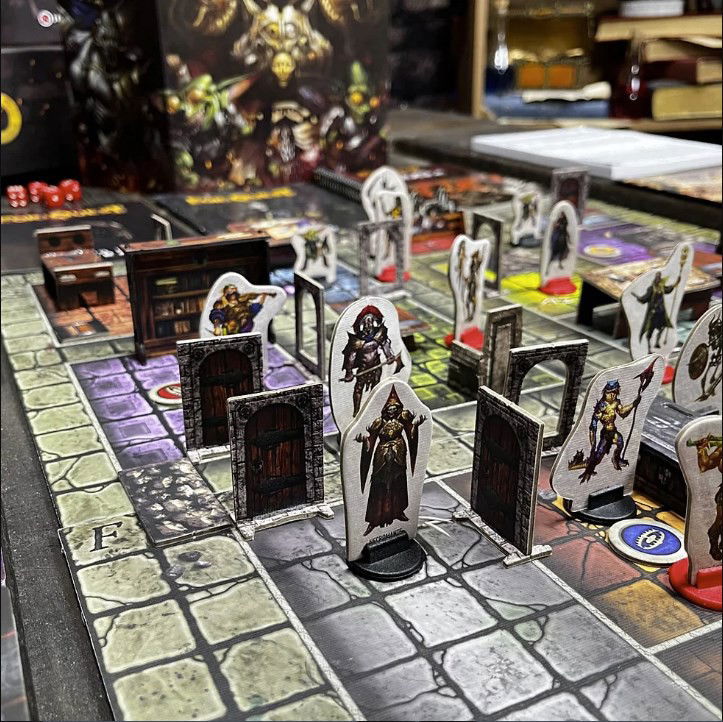
How to Play
Let's detail step by step how to start and the turns of each part of the game. Although the gameplay is simple, it is important to pay attention not to skip any phase.
Choosing Characters
First of all, players must choose which heroes will enter the dungeon and follow the story together. For this, they can gather to analyze the abilities of each class and think about a balanced group. It is important to remember that FTQ has a particularity in its basic campaign: all heroes must leave the dungeon alive.
If this condition is not met, the mission is considered a failure. Therefore, it is necessary to be careful in choosing the heroes to ensure that the group can face the challenges and successfully leave the dungeon.
Modular Board
Assembling the board correctly is crucial to position the rooms in the appropriate places, including the initial room where the heroes appear. It is worth noting that not all map tiles will be used in full. In the campaign book, some areas are designated as inaccessible, and it is up to Nokron to inform the heroes when they have line of sight to something that prevents progress along a certain path.
Hero's Turn
The initial phase of the game begins with the map and party ready. A notable mechanic of this game is the "line of sight." Similar to Hero Quest, the map is assembled as the hero moves and actually sees the location and its contents.
At the beginning of the game, the heroes are in a room and must open the door to exit, one at a time. Upon exiting, the player who plays Nokron has the opportunity to shape the dungeon in the hero's line of sight. Nokron places doors, monsters, furniture, and collapses that block the way. Only after this step does the hero continue their turn, deciding where to go and what to do, in addition to informing the other players what awaits them.
Each hero has 3 available actions, which can be:
- Move and Open Doors: Each character has a specific number of steps they can take. If they need to open a door to continue walking, this action has no additional cost.
- Attack: If there is a monster that the hero wants to face, they check which weapon is in their hand. In melee attacks, the hero must be close to the enemy; in ranged or magical attacks, the maximum distance is 5 steps. The player checks how many dice to roll and what result is needed for a successful attack.
- Search: To perform this action, the location must be free of monsters, meaning the hero cannot be in combat. The hero chooses the target of their exploration, rolls a D6 die, and depending on the result, Nokron reveals the content, which can be equipment, items, nothing, or even an unexpected trap. In the case of a trap, the hero must face a challenge to avoid damage, but some traps are unavoidable.
Nokron and Monsters Turn
After finishing all the actions of all the heroes, it is the turn of the main villain and his subordinates. At the beginning, Nokron rolls dice to see if more monsters will appear in the Spawn areas if there are any in the mission. If not, he goes directly to move the available monsters and, if possible, attack the heroes. The monsters' actions are quite similar, consisting only of moving and attacking, with 2 actions.
If the monster is far away, it can move up to two times to approach or only once and then attack, and in the worst case, attack twice if it is already within range. Some monsters can cause negative status effects such as poisoning, which will leave their target with some penalty on their turn.
After finishing the villains' turn, we return to the heroes, and the cycle begins again.
End of the Game
The duration of a game can vary depending on the players' familiarity with the mechanics, but generally, playing calmly and strategically takes around 1 hour and a half. It is important to avoid unnecessary risks and not act as a lone wolf.
The game can end in two distinct ways. The first is with the victory of the heroes, achieving the mission objectives, which may involve rescuing someone, obtaining information, or destroying an enemy settlement. Then, the heroes must head to the exit of the map, which can be the same entrance or find a portal protected by a small army. It is crucial to note that all heroes must leave, and if any of them dies without the possibility of being revived, the villains win, resulting in the second way to end the game.
In the case of heroes' victory, they head to a nearby city, where they can regroup, sell loot, and even buy blessings to prepare in the best possible way for the next mission. This post-mission phase offers an opportunity for the heroes to strengthen themselves and prepare for the challenges that lie ahead.
Curiosities
It is fascinating to see how the community around the game For The Quest is active and contributing to the expansion and improvement of the gaming experience. The initiative of a fan who developed an Android app, replicating the campaign book and adding sound elements, is an incredible example of how technology can complement and enrich gameplay. The ability to have all essential information and soundtracks on a mobile device can certainly make the game more accessible and agile for some players.
Furthermore, the positive response from other companies, such as the Encadernador, Gold Loot, and Catarpacio, demonstrates how the game has the potential to expand and integrate into other aspects of the RPG universe. The addition of expansions, game boards, parallel campaigns, and inclusion in Catarpacio for various RPG modalities shows the positive impact that For The Quest has had on the board game and RPG community.
These additions and expansions not only enrich the options for players but also help maintain interest in the game experience over time. It is inspiring to see how the community can drive and evolve a game after its initial release.
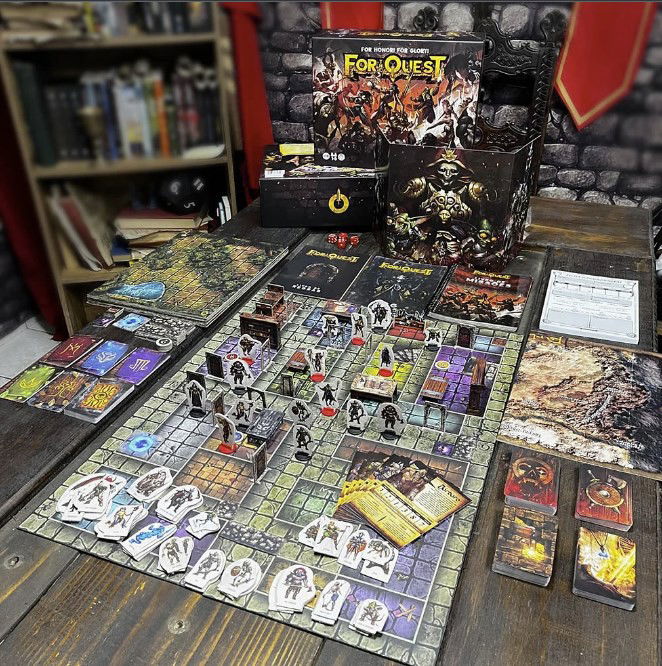
Popularity
It is amazing to see how For The Quest managed to fill the void left by the famous Hero Quest and gain a dedicated fan base.
The fact that the game has roots in Hero Quest likely inspired nostalgia among RPG players looking for something similar. The gaming community, upon realizing the similarities and quality of For The Quest, showed significant support during the crowdfunding and continued to support expansions and other related releases.
The speed with which the game and its extras reached their goals in crowdfunding, often in less than 5 hours, highlights the strong demand and enthusiasm of players. This is comparable to the popularity of series like Zombicide, which also achieved great success in crowdfunding campaigns, such as Kickstarter.
This positive community response indicates not only an appreciation for the game's elements but also a desire for experiences that recapture the essence of beloved classics. For The Quest seems to have effectively filled this niche, providing players with an exciting and well-received alternative.
Conclusion
It's great to hear that For The Quest has managed to meet expectations and hype by offering a remarkable tabletop RPG experience. The successful formula of rescuing elements that made its acclaimed predecessor, combined with improvements and expansions, is often a recipe for success in board games and RPGs. The fact that For The Quest achieved rapid fame is a testament to the game's quality and its ability to meet the expectations of a community of players eager for engaging and nostalgic experiences.
It's exciting to see how games that incorporate classic elements can capture new generations of players and keep the flame alive for long-time fans. May the success of For The Quest continue to thrive, providing many exciting hours of adventures for tabletop RPG players.

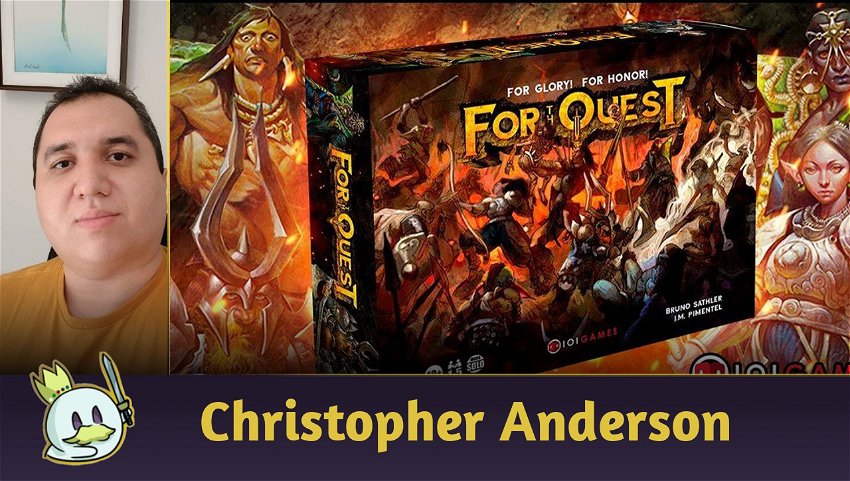







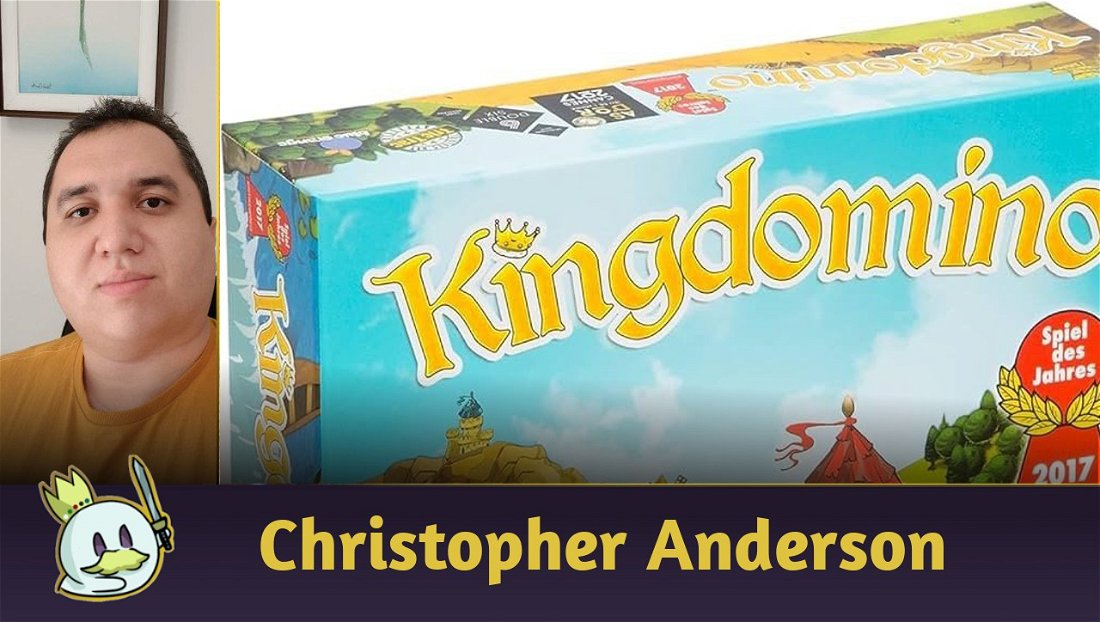
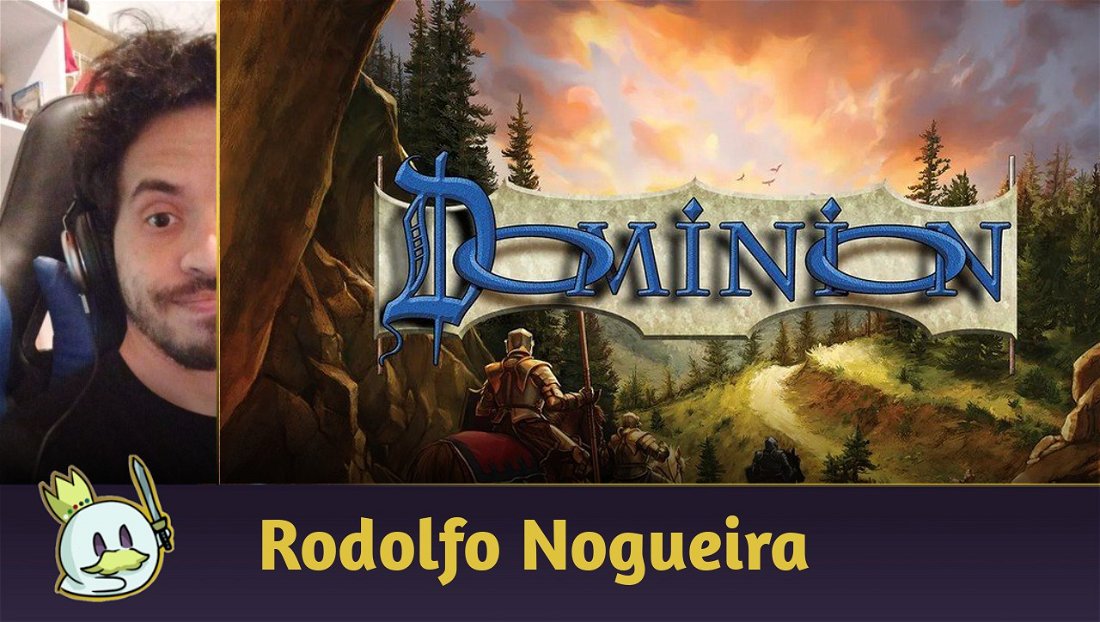

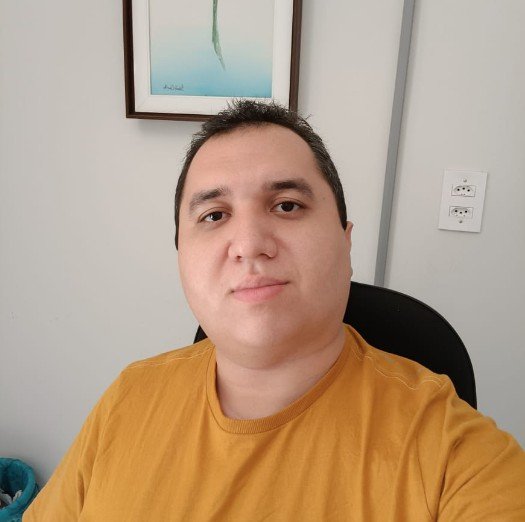

— commentaires 0
, Réactions 1
Soyez le premier à commenter